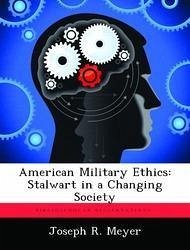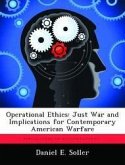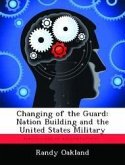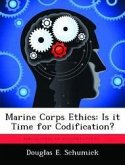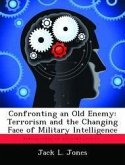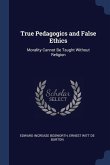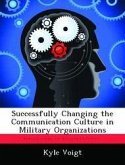This monograph explores the American media's influence on ethical military policy and attempts to understand the complex relationship between the United States' military, the American media, and U.S. policy makers in the context of a changing society. The purpose is to explore American media's influence on military ethical policy during wartime. Furthermore, this study aims to demystify media's role in wartime reporting for the military professional by showing that regardless of media's agendas, they provide an important check on an organization expected to perform roles that fall outside mainstream society's understanding of ethically acceptable behavior. Analysis determines observable military events that indicate a failure of military ethics. Ethical case studies include events from the Philippine War, Korean War, Vietnam War, and Operation Iraqi Freedom. This research uses the logic of a three-component structured, focused comparison. The first component is identifying significant ethical compromises during war. From there major media outlets like the New York Times will provide evidence of media perspective and extent of coverage. Finally, the research establishes causality from evidence of government or military shift in ethical policy as a result of media's influence. The study concludes that the American military institution has been ethically sound and anomalies are failures of execution as a result of poor military leadership, personnel of weak ethical constitution, or insufficient ethics training for the fighting forces.
Bitte wählen Sie Ihr Anliegen aus.
Rechnungen
Retourenschein anfordern
Bestellstatus
Storno

